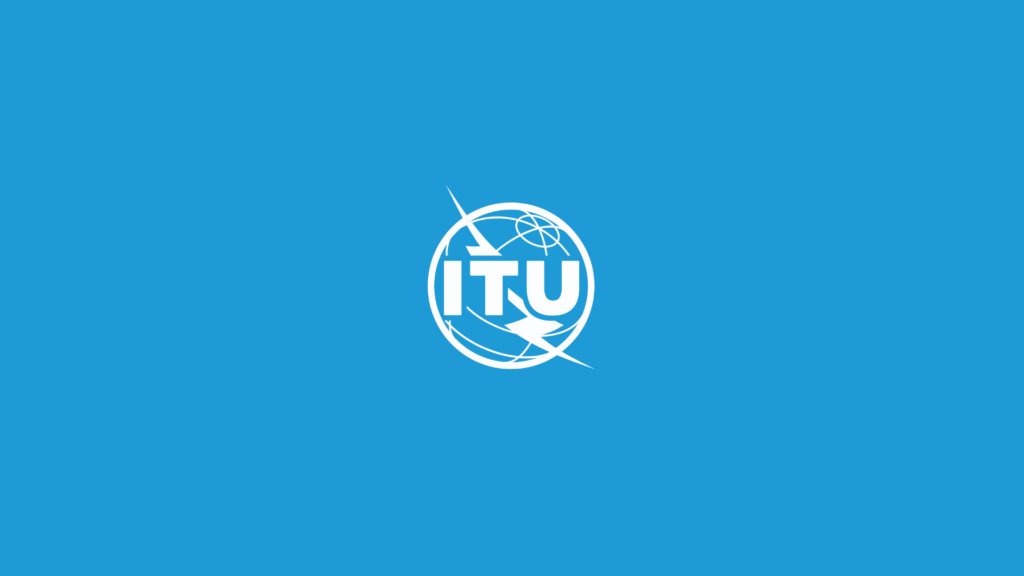

Dr Samantha Torrance
Leadership, Public Sector


Gökhan Tok
Space & Connectivity


This year, the International Telecommunication Union (ITU) and the global community turn their attention to the Least Developed Countries (LDCs) (representing approximately 13% of the world’s population or just over 1 billion people), as they celebrate World Telecommunication and Information Society Day. Observed on the17 May each year, it commemorates the birth of the ITU, the oldest international organisation, and provides an opportunity for the global community to reflect on achievements and challenges that lie ahead in closing the digital divide.
Recent ITU data shows that only 36% of the population in LDCs are connected to the internet, and while this percentage has increased over the past decade compared to the global average of 66%, this shows an alarming gap. Various factors, such as lack of infrastructure, limited access to energy and financing, affordability issues, inadequate skills, and low digital literacy, contribute to this persistent digital divide. Whilst an ongoing challenge in itself to address, technological advancement continues apace and emerging technologies, such as artificial intelligence, quantum computing, and Web3, continue to expand the technological frontier and risk structurally embedding this divide to the detriment of LDCs.
Addressing the digital divide within a context of dynamic technological development requires more than development aid; it necessitates targeted policy and regulatory action to facilitate the deployment of technology in an affordable manner to create benefits for all populations.
Specifically, from a macro perspective, this entails:
From a national perspective:
As the world continues to experience significant technological advances, it is imperative that no one is left behind. Connectivity to the internet is fundamental to ensuring that populations across the world, and LDCs in particular, can benefit from transformative technology. It is essential to foster an inclusive global community where the benefits and risks of these advancements are shared equitably. The ITU and its members have made significant progress in creating and harmonising access to technology, but there is much work still to be done.
At Access Partnership, the world’s leading tech policy consultancy, we work with public, private, and civil society actors to ensure technology benefits all. Should you wish to receive further information on the services we offer through our dedicated Emerging Markets practice, or more broadly, please contact [email protected].



